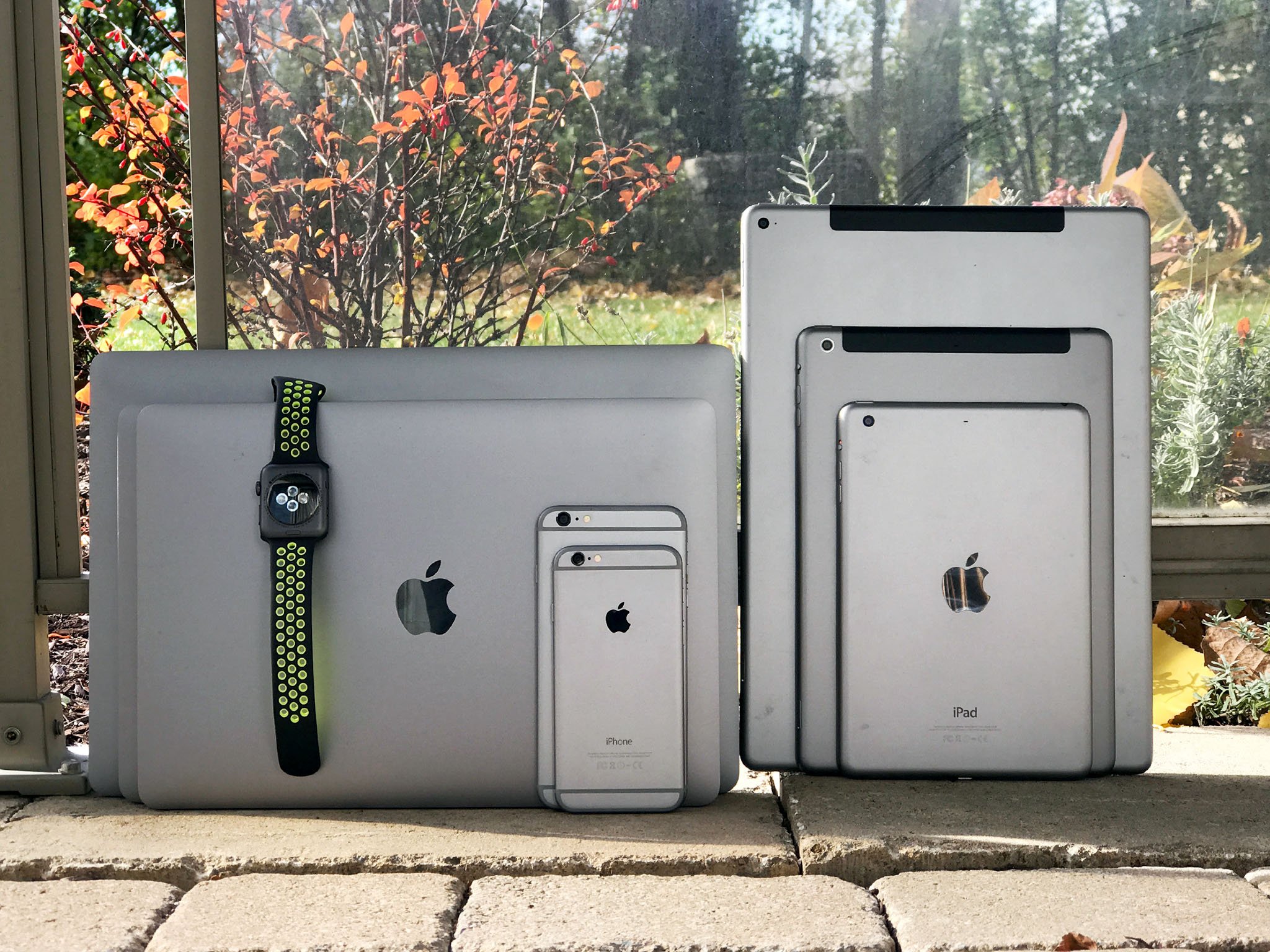Apple can have its iPhone and eat its Mac, too

Watching the discussion following Apple's Mac Pro briefing at the beginning of April has been interesting. Sometimes, extreme. It's ranged from those who suggest Apple needs to get out of the Mac business to those who'd love nothing more than for Apple to once again double down on the highest-end of the smallest niche. The best, of course, are far more nuanced.
Neil Cybart, writing for Above Avalon:
Apple's decision to change course and develop a new Mac Pro has received near-universal praise from the company's pro community. While developing a new Mac Pro is the right decision for Apple to make given the current situation, it has become clear that the Mac is a major vulnerability in Apple's broader product strategy. The product that helped save Apple from bankruptcy 20 years ago is now turning into a barrier that is preventing Apple from focusing on what comes next.
John Gruber, writing for Daring Fireball:
The iPhone hasn't suffered because Apple is focused on the Mac. New iPhones come out like clockwork every year. Apple has really gotten it down to a science in recent years. The Mac lineup, however — and the Mac Pro in particular — has clearly suffered from a lack of attention. Where did that institutional attention go? Surely much of went to iPhone.I'm not arguing that it's a mistake for Apple to devote more attention to the iPhone than any other product. Smartphones are the greatest opportunity in the history of mass market consumer goods, and also the greatest opportunity in the history of personal computing. The iPhone epitomizes everything Apple stands for. But it's a mistake to focus so much attention on the iPhone that other important products suffer.
Apple used to have one product: The PC. That became desktop and laptop Macs. Then, iPod. Next, Apple TV, iPhone, iPad, and Apple Watch.
No new divisions were added to handle those new products. No new companies-within-companies. Famously, iPhone was originally staffed up mainly with people from within Apple. Not so more recent projects, shipped and otherwise. But it does highlight how painful it is to grow from a company with one or two major products to a company with a half dozen.
iPod has been dying for years. It gets less attention because iPhone so completely replaces its core competences. Not so iPad for Mac.
Apple is a functional company with small teams and incredible focus. It's let Apple outlast pretty much every other company of its era and avoid almost all the pitfalls that have plagued its peers. But it's not without pitfalls of its own.
iMore offers spot-on advice and guidance from our team of experts, with decades of Apple device experience to lean on. Learn more with iMore!
Directing resources with that much focus and attention one one product is amazing. On a few is manageable. On a half-dozen or more? You get iPod touch, Apple TV, and Mac Pro.
It's not that Apple should jettison the Mac business to prevent drag on the future, or focus less attention on iPhone. If a Mac doesn't ship during any particular calendar year, Apple's small, core customer base gets cranky. If an iPhone ever failed to ship, it would be absolute market calamity.
The problem, as I see it, isn't what Apple can or can't do at any given time. It's what the company thinks it can do and communicates it's doing with its customer base. The side effect of Apple's success is a growing product portfolio. The side effect of its secrecy is a tremendous amount of expectational debt.
No product should ever be more important to its customers than to the company that makes it. And importance can't be stated, it can only be shown.
Apple can have its iPhone and eat its Mac too. It just has to be honest about priorities internally and set external expectations appropriately.

Rene Ritchie is one of the most respected Apple analysts in the business, reaching a combined audience of over 40 million readers a month. His YouTube channel, Vector, has over 90 thousand subscribers and 14 million views and his podcasts, including Debug, have been downloaded over 20 million times. He also regularly co-hosts MacBreak Weekly for the TWiT network and co-hosted CES Live! and Talk Mobile. Based in Montreal, Rene is a former director of product marketing, web developer, and graphic designer. He's authored several books and appeared on numerous television and radio segments to discuss Apple and the technology industry. When not working, he likes to cook, grapple, and spend time with his friends and family.
